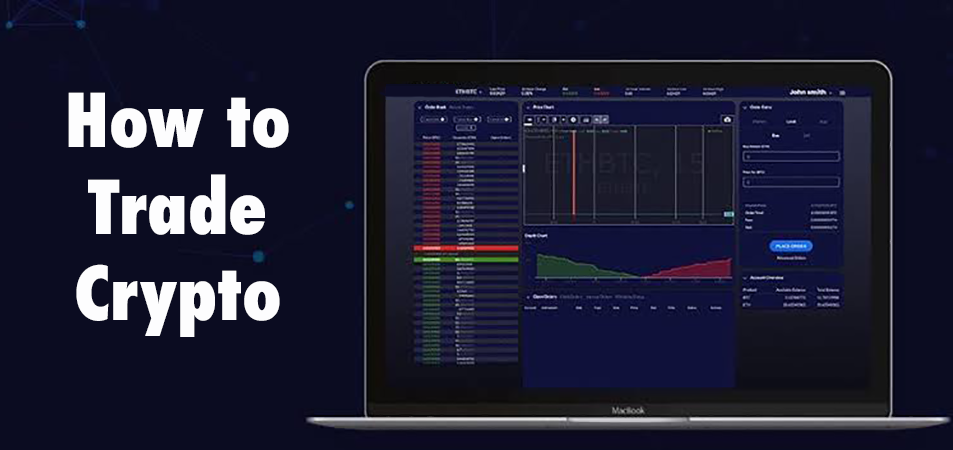Cryptocurrency trading is the act of hypothesizing on cryptocurrency price motions through a CFD trading account, or buying and offering the underlying coins via an exchange. CFDs trading are derivatives, which enable you to hypothesize on cryptocurrency price motions without taking ownership of the underlying coins. You can go long (' buy') if you believe a cryptocurrency will rise in value, or short (' sell') if you believe it will fall.
Your earnings or loss https://tfsites.blob.core.windows.net/howtoswingtradecrypto/index.html are still calculated according to the full size of your position, so take advantage of will magnify both earnings and losses. When you buy cryptocurrencies through an exchange, you buy the coins themselves. You'll need to develop an exchange account, put up the amount of the possession to open a position, and store the cryptocurrency tokens in your own wallet until you're prepared to offer.
Many exchanges also have limits on how much you can transfer, while accounts can be very expensive to maintain. Cryptocurrency markets are decentralised, which suggests they are not released or backed by a central authority such as a government. Rather, they encounter a network of computers. However, cryptocurrencies can be bought and offered via exchanges and stored in 'wallets'.
 How to Trade Cryptocurrency: Simple ...medium.com
How to Trade Cryptocurrency: Simple ...medium.com
When a user desires to send cryptocurrency systems to another user, they send it to that user's digital wallet. The transaction isn't considered final Learn here until it has actually been validated and contributed to the blockchain through a procedure called mining. This is likewise how new cryptocurrency tokens are normally created. A blockchain is a shared digital register of taped information.
To pick the very best exchange for your needs, it is crucial to fully comprehend the types of exchanges. The first and most common kind of exchange is the central exchange. Popular exchanges that fall under this classification are Coinbase, Binance, Kraken, and Gemini. These exchanges are private business that use platforms to trade cryptocurrency.
The exchanges listed above all have active trading, high volumes, and liquidity. That stated, centralized exchanges are not in line with the approach of Bitcoin. They run on their own private servers which develops a vector of attack. If the servers of the company were to be jeopardized, the entire system might be shut down for some time.
The larger, more popular central exchanges are without a doubt the easiest on-ramp for new users and they even provide some level of insurance coverage must their systems stop working. While this is true, when cryptocurrency is purchased on these exchanges it is saved within their custodial wallets and not in your own wallet that you own the keys to.
Should your computer system and your Coinbase account, for example, become compromised, your funds would be lost and you would not likely have the ability to claim insurance coverage. This is why it is crucial to withdraw any large amounts and practice safe storage. Decentralized exchanges operate in the exact same manner that Bitcoin does.
Instead, consider it as a server, except that each computer system within the server is spread out across the world and each computer system that makes up one part of that server is controlled by an individual. If among these computers switches off, it has no result on the network as an entire due to the fact that there are a lot of other computer systems that will continue running the network.